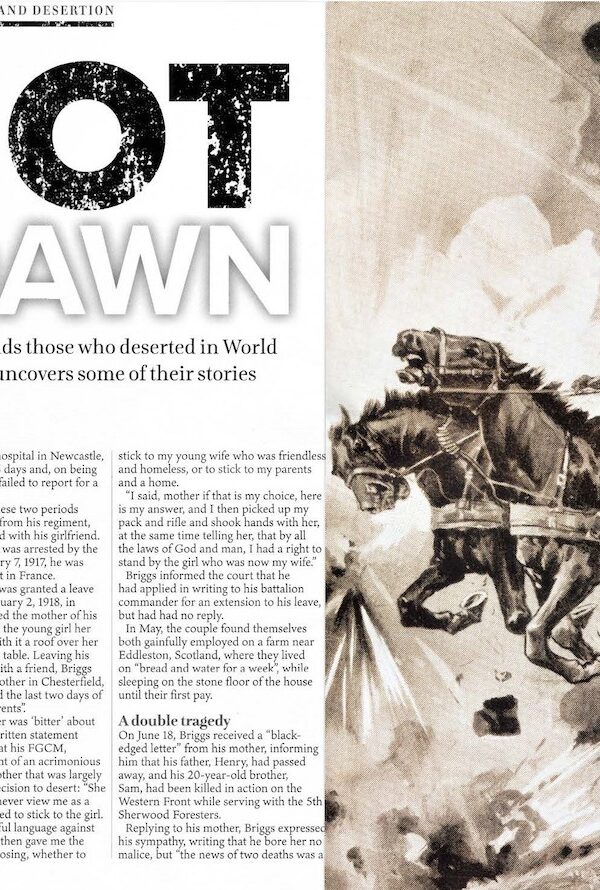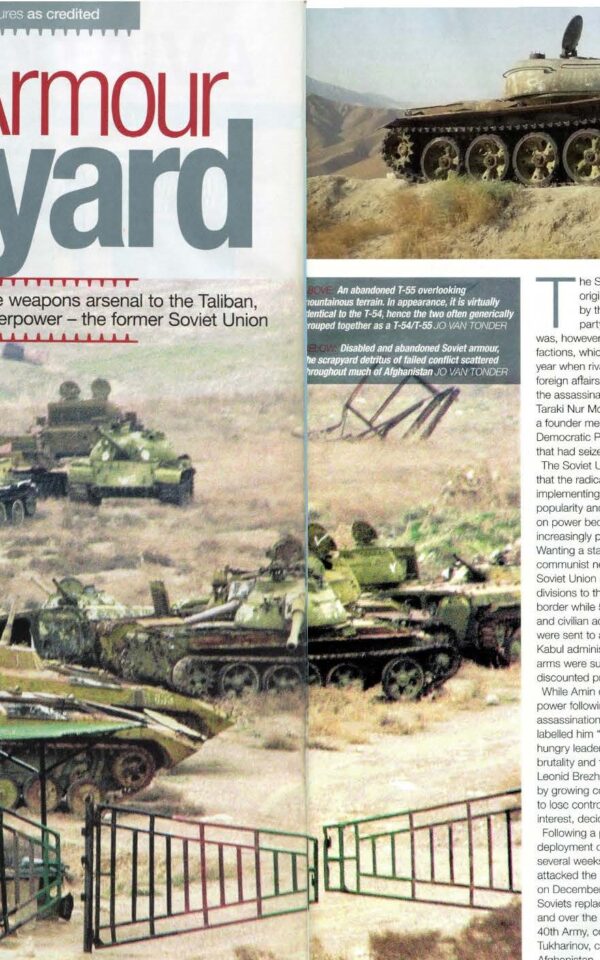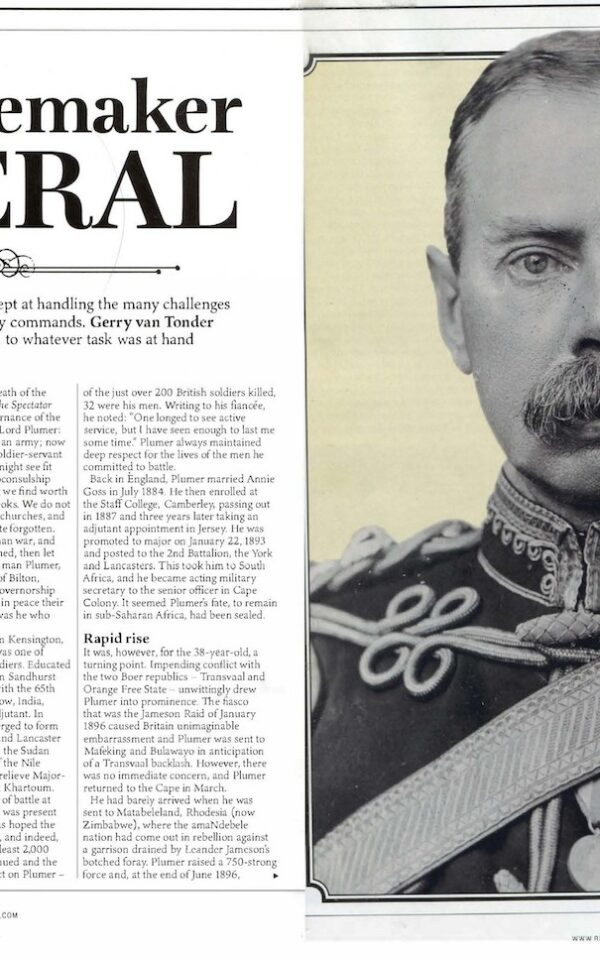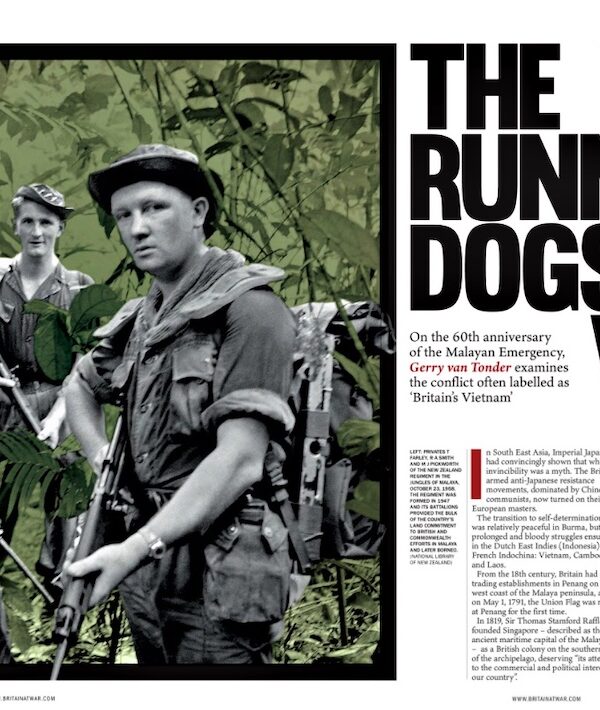Shot at Dawn: Deserters in WWI
"Shot at Dawn: Deserters in WWI" explores the contentious issue of executing soldiers for desertion and cowardice, against the backdrop of WWI's harsh realities and evolving military law. It highlights the historical debate on military discipline versus the acknowledgment of soldiers' mental distress, culminating in the 2006 pardons of those executed, recognizing them as war victims. The narrative sheds light on the long battle for justice by families, reflecting a broader understanding of the psychological scars of war and the significance of honoring all who suffered.





